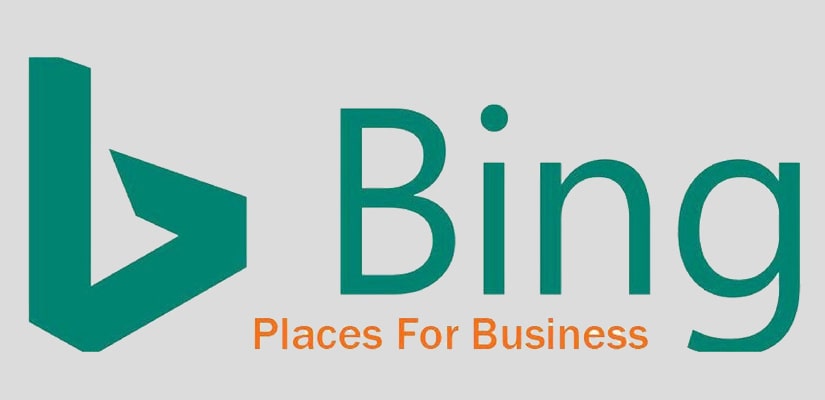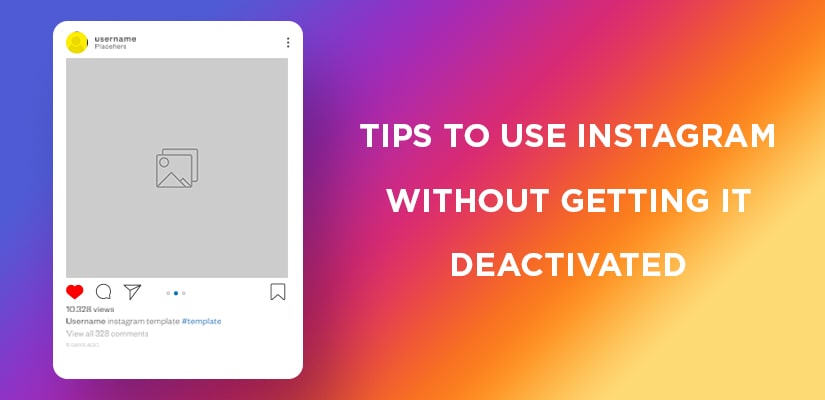Business owners today must prioritize addressing their businesses by focusing on how to be found online. The Bing listing helps local businesses to attract new clients by conveniently displaying their data when a latent customer explores online platforms for any goods or services the business offers. Bing Places may prove one of the best options to help them accomplish this.
Creating and Optimizing a listing on Bing Places might sound easy, but then the process appears with its set of difficulties. Luckily, we have an experienced team of professionals at Good Old Geek that help businesses get found online every day. Creating and Claiming a Bing Places Listing, the first step in getting businesses found online is to check for other existing listings.
If for any reason the business you’re looking for doesn’t have a listing yet, then you can easily make one by creating an account. Don’t worry: you don’t have to be the business owner. You can just be a verified spokesperson. Multiple areas are covered by Bing’s bulk upload tool.
When you create a new user, Bing allows you to import your information directly from Google My Business – very conveniently! If the business you’re trying to get listed doesn’t have a Google My Business listing, one can also add the data manually.
Optimizing for Bing local search:
Bing Places, like Google My Business, has a notable impression on local search results. However, there are some more general things to bear in mind.
Bing has much lower conflict and a more conversion-prone user base in many places, making it ideal for small, precise operations pointed at particular groups of consumers. Also, some claim that Bing has a lower bounce rate than Google as well, meaning that visitors might view more pages and click more links.
Bing also uses a less advanced research algorithm than Google, that it’s a bit like optimizing for the Google you remember from three years ago.
So, in summary, Bing’s Places for Business can be worth the effort, especially if you have an aged site in a very specific field. It’s not going to overtake Google any time soon, which doesn’t come as a shock, but as part of a broader strategy, it has its small place.






